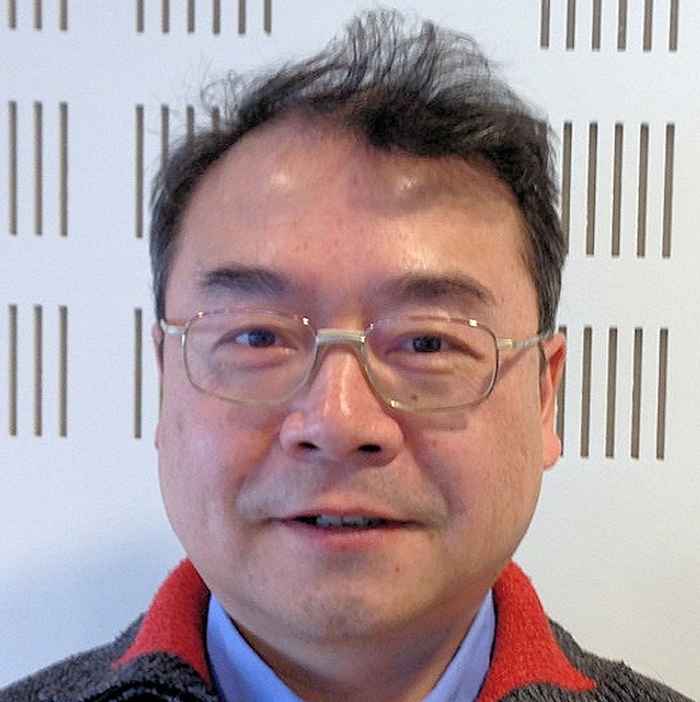Funding for nanomaterials in cancer treatment
11 November 2019

The aim of the MEDPHOT consortium is to develop a comprehensive image-guided approach enabling fast detection of the most effective treatment of diseases. This is, amongst others, expected to bring high efficacy in the treatment of cancer in deep tissue. The HIMS Biophotonics group led by Prof. Hong Zhang will be responsible for the application of nanotechnology in light-triggered cancer treatment and develop novel photonic nanomaterials to intervene in the management of cancer. The group is part of Institute QuantiVision, a Center of Research Excellence assigned by ZONmw as part of the Innovative Medical Devices Initiative. The MEDPHOT platform will strengthen the collaboration with industrial partners and Amsterdam UMC of the group that is playing an active role in the Dutch photonic medicine field.
About MEDPHOT
The international Photonics Translational Research - Medical Photonics (MEDPHOT) consortium is led by Johannes de Boer, Professor of Biophotonics and Medical Imaging at Vrije Universiteit Amsterdam. MEDPHOT wants to develop a light-based equivalent of a PET/CT or PET/MRI scan to obtain both molecular and structural images related to diseases such as esophageal cancer, rectal cancer, lung cancer, prostate cancer, asthma and Alzheimer's disease. By using light instead of radioactivity, images can be ten to a hundred times sharper and even clusters of a few cells can be detected. Such images will be used to predict which medications will be successful in which patients, enabling faster, better and cheaper treatment. The idea is to use fluorescent "flags" which bind to molecules that are specific to the condition in question and that light up under illumination by light. In MEDPHOT, the researchers are developing the technology needed to detect the fluorescent signals of the flags and thus detecting the pathological cells.
The national consortium consists of four universities (VU Amsterdam, UvA, UU, TU Delft) and TNO, three academic hospitals (Amsterdam UMC, UMC Groningen, Leiden UMC) and twelve (inter) national companies (ASML, CHDR, Dispertech, Elesta, Exometry , GlycanScan, Mauna Kea, Ninepoint Medical, Optos, Percuros, Spectradyne and Thorlabs).
About Perspectief
Perspectief is an NWO programme funded by the Ministry of Economic Affairs and Climate. It is aimed at new lines of research with economic and social impact, set up in cooperation with the business community and social organizations. Recently, five new Perspective research programs have together been awarded nearly 18 million euros. The companies and organizations involved are also investing a further 8 million euros.
More on the research of Prof. Hong Zhang
- Precisely tailoring the dynamics of upconversion luminescence
- European grant for cooperation in research on novel cancer approach
- HIMS researcher Hong Zhang receives 1 million euro NCI-TA grant
- Toward personalised postoperative cancer immunotherapy